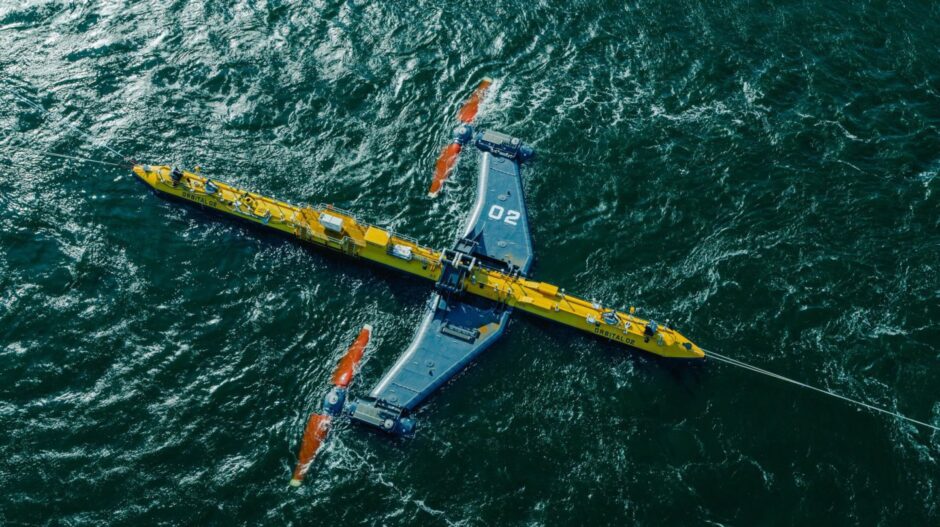
Orkney and Shetland MP Alistair Carmichael has called on the UK government to increase funding for tidal stream energy in the upcoming CfD allocation round.
The previous Conservative government reintroduced ringfenced funding for tidal stream projects in the Contracts for Difference in 2021, with £20m allocated in AR4.
Guaranteed funding for tidal projects dropped to £10m in AR5, with the same amount allocated in the upcoming sixth round.
But the sector wants to see that funding increased to counteract growing competition from the EU, United States and China.
During an exchange at Westminster, the Liberal Democrat told energy secretary Ed Miliband the tidal sector also needed an “ambitious deployment target”.
Carmichael also invited Miliband to visit the European Marine Energy Centre in Orkney.
“If he really wants to understand the potential of marine renewables, he needs to get himself up the European Marine Energy Centre in Orkney,” Carmichael said.
“These industries of the future have the potential to play a central role in delivering a green energy network – and green jobs to boot.
“That is particularly true for communities like the Northern Isles where we have been leading the way.”
UK marine energy
UK wave and tidal energy firms say they are stuck in a “chicken and egg” investment conundrum, with a lack of project certainty hampering financing options.
The UK Marine Energy Council, an industry body, has been campaigning for increased funding and more strategic support for the sector, warning of increased competition globally.
The council wants to see the tidal stream ringfence increased to £30m for AR6, with a 1GW tidal capacity target set for 2035.
The sector also wants to see more support for wave energy projects, calling for a 300MW target.
The British Hydropower Association has echoed those calls, asking Labour to develop a tidal range roadmap.
A recent study by the University of Edinburgh found marine energy can deliver up to £41 billion in benefits to the UK economy by 2050 if 6GW of both wave and tidal is deployed.
Another report by the London School of Economics Grantham Institute found the UK is more specialised in tidal stream energy than other clean energy technologies including offshore wind, nuclear and carbon capture.
Recommended for you


 © Supplied by Nova Innovation
© Supplied by Nova Innovation